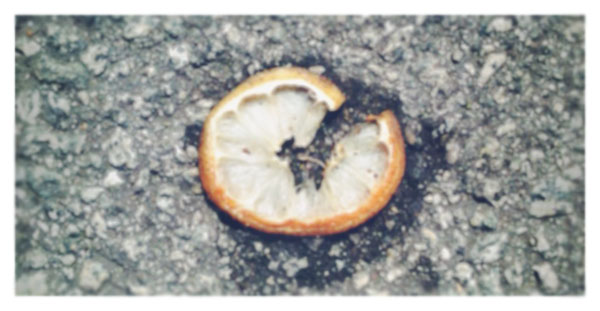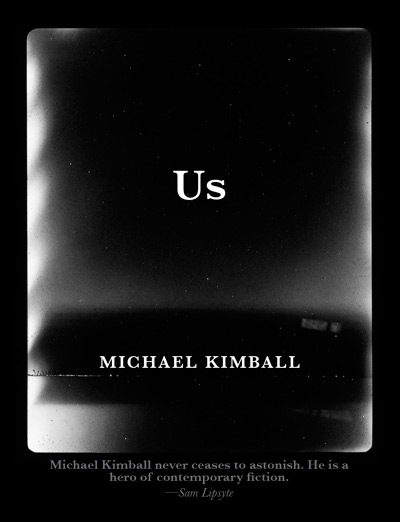
Jennifer Egan commented on the reaction to her comments during a WSJ interview where she implied that certain books were “derivative, banal stuff”. I thought her response was fantastic:
It was, she said, exactly the kind of thoughtlessly casual remark that, with her journalistic background, she should have known better than to say in conversation with a reporter—but which may now linger on the Internet and continue to be seen as her position on the subject. “I have nothing to defend in what I said,” she said. “I really wish I hadn’t said that, and was incredibly and immediately sorry that anyone was hurt by it. I don’t blame anyone for being mad about it.” Though she does believe there’s an interesting conversation to be had about genre and gender and literary culture, she doesn’t see her comments in that interview as any kind of effective contribution to that discussion. “I’m all for criticizing; I’m not saying that no one should ever criticize anyone else,” she continued. “But if you’re going to criticize, you should do it intentionally and thoughtfully and carefully and know whom you’re criticizing and for what. And I didn’t meet any of those criteria.” (Thanks for the link, Cathy Day.)


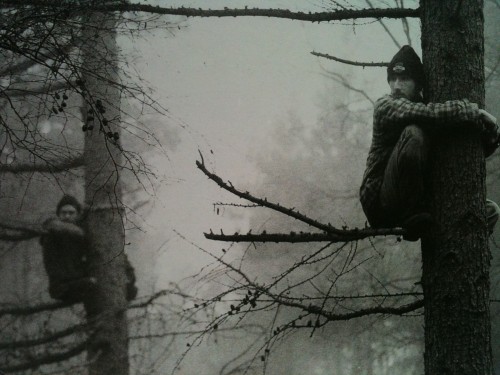
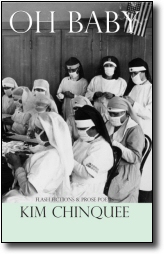 Last night, I dreamed that I was in a clearing in a forest, and my wife was below me, yelling that I should fly higher to avoid danger. It was nighttime, there were some stars. I felt scared as I rose, but then I felt very happy, because my wife joined me over the forest, and we escaped along the mountain ridges.
Last night, I dreamed that I was in a clearing in a forest, and my wife was below me, yelling that I should fly higher to avoid danger. It was nighttime, there were some stars. I felt scared as I rose, but then I felt very happy, because my wife joined me over the forest, and we escaped along the mountain ridges.
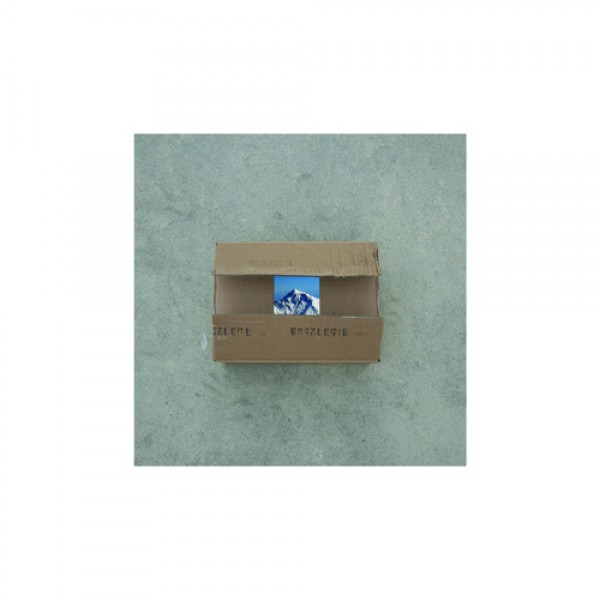
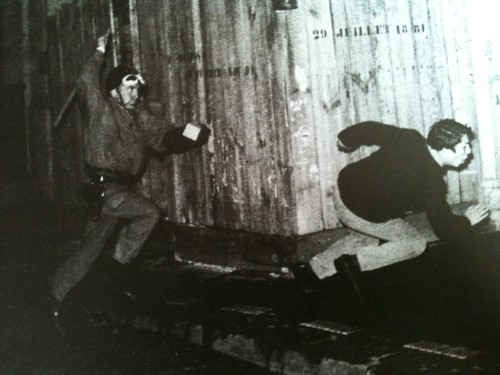
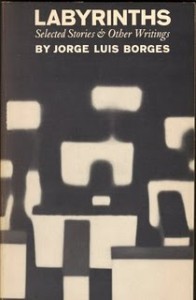 In my last post, I casually mentioned that when I first read The Age of Wire and String, I wasn’t very familiar with the precursors that had ‘made it possible’ as a book. Of course, I’m not sure exactly what earlier books helped Marcus write it, nor do I really know what it means to really ‘make a book possible.’ Instead, I think I meant that I hadn’t yet read writing that gave me a way of better appreciating The Age of Wire and String. My first reading of that book was really exciting, but difficult; I felt lost quite a lot through that book the first time. I felt that the book was isolated–and isolated me–when I first read it, but now that I’ve read some other stories and books, I think I feel comfortable putting it in a group of others that I feel do similar things to me as I read.
In my last post, I casually mentioned that when I first read The Age of Wire and String, I wasn’t very familiar with the precursors that had ‘made it possible’ as a book. Of course, I’m not sure exactly what earlier books helped Marcus write it, nor do I really know what it means to really ‘make a book possible.’ Instead, I think I meant that I hadn’t yet read writing that gave me a way of better appreciating The Age of Wire and String. My first reading of that book was really exciting, but difficult; I felt lost quite a lot through that book the first time. I felt that the book was isolated–and isolated me–when I first read it, but now that I’ve read some other stories and books, I think I feel comfortable putting it in a group of others that I feel do similar things to me as I read.